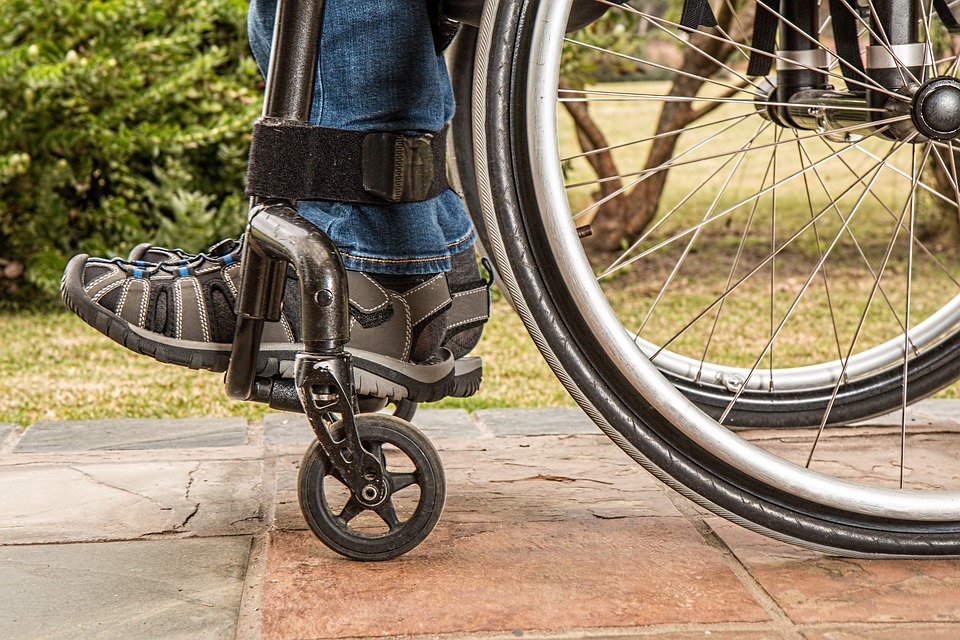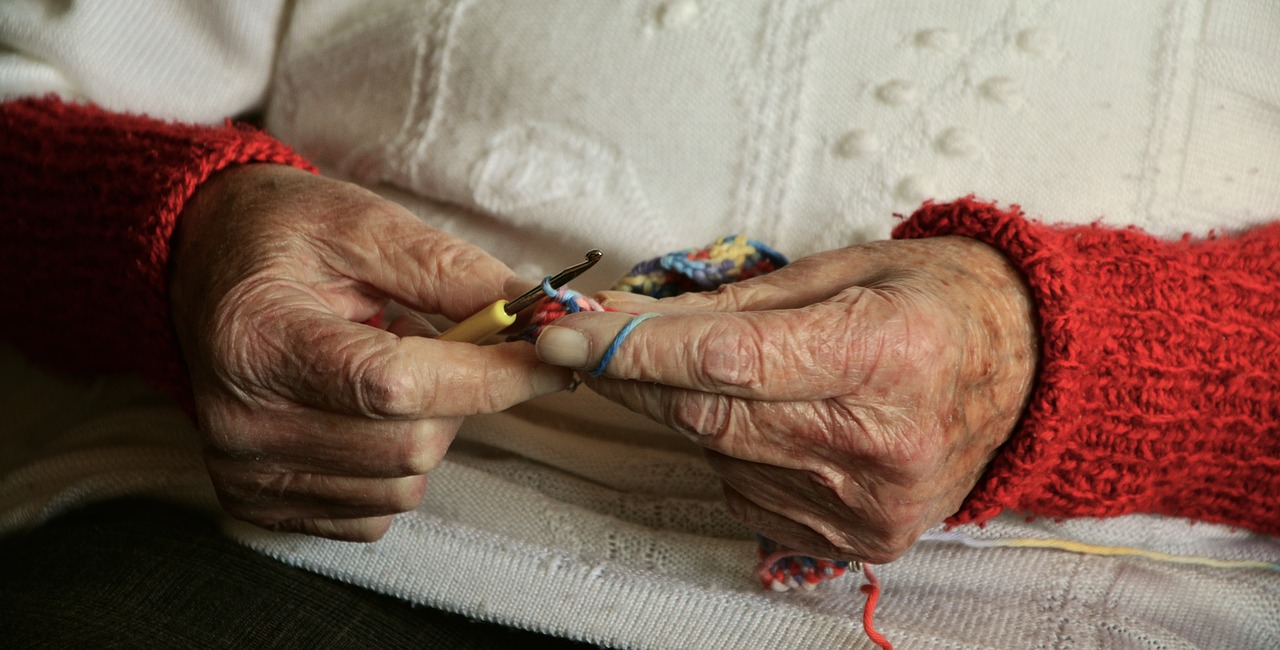Fill our form to download your free research report, written by Dr Mark Hawker.
How My Chronic Illness Affects Those Around Me

At Mangar it’s our mission to protect carers from injury and support their wellbeing whilst looking after others.
With that in mind, we’ve been talking to Sarah, one of the UK’s top Chronic Illness bloggers, about how her illness. Here, Sarah gives an honest account of how it has affected those around her.
I’m 30 years old and have been in chronic pain for as long as I can remember. I was always falling over as a kid; breaking an arm, a leg, a hip. Yes, at 13 I broke my hip, had major surgery, and that’s when things went so far downhill, I should have dug a hole and climbed into it. I can unequivocally say that I never thought my life would turn out the way it has, and as scary and well, as painful as chronic pain is, it’s made me who I am and I wouldn’t have things any differently.
People always look at me strangely and wonder why I wouldn’t want to change my life, why I wouldn’t want to be able to go out alone or not use a wheelchair, but being disabled is a massive part of my identity. And being disabled is not a bad thing. It’s a difficult thing, it’s tiring, agonising and isolating, but it’s also made me extremely empathetic, strong and resilient. I’m much more aware of my surroundings, I care about accessibility, I want to raise awareness and do all I can to be a voice for those that are unable to express themselves. I’m also mindful of other minority groups and try to support important causes as best I can. I grew up living with my disabled grandmother and she taught me how vital it is to use whatever I had to bring recognition to significant topics.
I guess for me, the hardest thing about my disability that has and probably always will bother me is how it affects those around me. The look in my mum’s eyes when I’d lie in bed crying. The worry on my boyfriend’s face when another condition is added to my medical history. The tension in my brother’s body as I’m spasming from the agony. I don’t think I’ll ever get used to it. I used to think I was a burden on them; that their lives would be easier without me, and they were my own issues that I had to work through as I’d never been told that. It’s just very difficult when you feel so helpless and want so badly to do all these things for yourself.
I know I’m not a burden, I know they all look after me because they love me and that I’d do the same for them if the roles were reversed.
I’ve lived with my boyfriend for three years and he’s my full-time carer. He cooks, cleans, sorts out my medication, washes my hair, helps me get dressed, picks me up when I fall…and I don’t mean that in the romantic, ‘he’s always there to catch me when I fall.’ He literally removes my body from the floor when I’ve had an accident and introduced myself to the carpet. Although, he does also support me mentally and emotionally, and is there whenever I need him in the ‘normal’ how-a-partner-is-meant-to-act kind of way.
As difficult as it is to type, I can’t take care of myself, I require support and help from someone else and I’m so grateful my boyfriend is willing to be that person for me. The thing with my disability is it affects everything, and since chronic pain and fatigue go hand in hand, it means I sometimes am unable to think or speak coherently. One of my main issues is problem-solving. I’ve become very aware of my body and the type of pain I’m experiencing; whether it’s inflammation, joint, muscle or nerve pain, and as well as I can describe it, I can’t always figure out the best solution to treat what I’m dealing with. It sounds silly and obvious, but when you haven’t slept properly for weeks, are hypersensitive and the agony is all-consuming, it’s very difficult to remember your own name, let alone a treatment plan. This is another thing I rely dramatically on my boyfriend for. I can tell him the type of pain I’m in and he will offer at least two choices on how best we handle it; whether it be medication, heat therapy, splinting or something else. He always has options to aid me that never even entered my mind, even if I’ve done it a few hours earlier.
I rely on another person for everyday care, I rely on another person to leave the house, I rely on another person for most things. And there’s nothing wrong with that. If there wasn’t a family member, my boyfriend or a carer to help me daily, I don’t even want to think where I’d be. Carers, family members, friends and loved ones that look after others are truly invaluable and make such a difference to those they’re assisting. I’m so grateful and can’t even begin to express it.
If you are living with a chronic illness, make sure you get advice from the appropriate healthcare professional and get access to assistive technology which might support you to live a full and happy life.
About Sarah Alexander
 Sarah Alexander is a 30-year-old blogger, writer and disability campaigner from Liverpool. She is passionate about disability rights and features that, amongst beauty and lifestyle posts on her blog www.sarahinwonderland.co.uk
Sarah Alexander is a 30-year-old blogger, writer and disability campaigner from Liverpool. She is passionate about disability rights and features that, amongst beauty and lifestyle posts on her blog www.sarahinwonderland.co.uk
Social Media
Twitter @WonderlandBlogs
Instagram @WonderlandBlogs
- May 26, 2017












